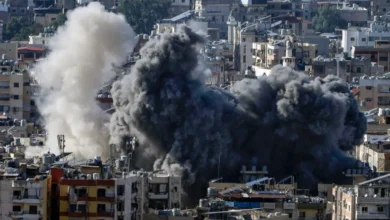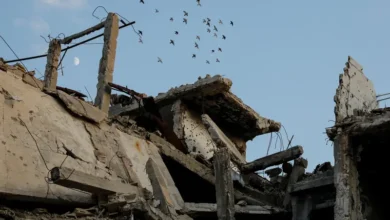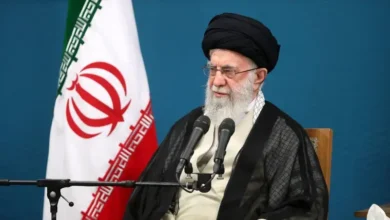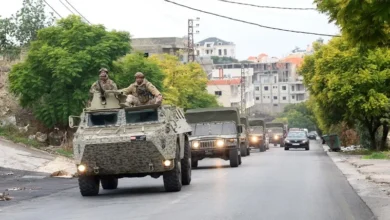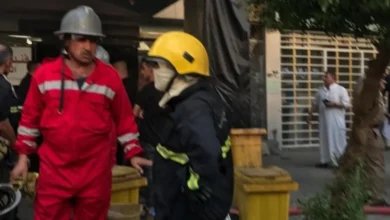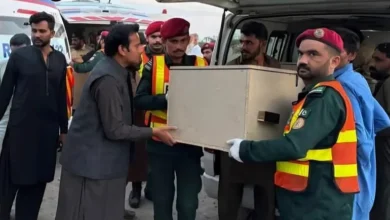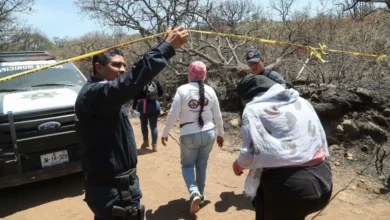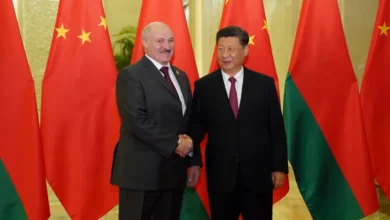Russia rattles the nuclear sabre again, as Ukraine devastates its munitions
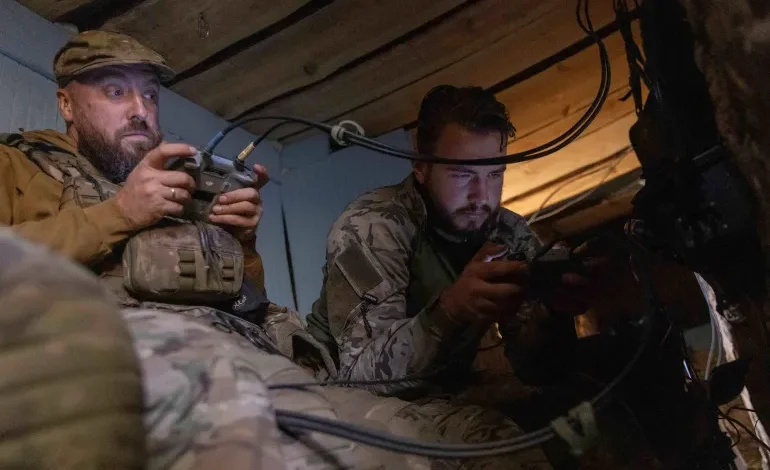
Russia has tailored its nuclear response doctrine to the specific threat of the long-range attacks it faces from Ukraine, even as Kyiv’s forces demonstrated during the past week the devastating effect such attacks can have on Moscow’s conventional war effort.
Russian President Vladimir Putin recently “outlined the approaches” to a new edition of the Fundamentals of State Policy on nuclear weapons use, wrote his right-hand man, deputy head of the National Security Council Dmitry Medvedev, on Telegram on Wednesday.
“A massive launch and crossing of our border with enemy aerospace weapons, including aircraft, missiles and UAVs, can under certain conditions become the basis for the use of nuclear weapons,” he wrote.
“Aggression against Russia by a non-nuclear-weapon state, but with the support or participation of a nuclear-weapon country, will be considered a joint attack,” Medvedev added.
These threat profiles are exactly tailored to describe Ukraine, which gave up nuclear weapons in 1994, but is supported by nuclear-armed states the United Kingdom, France and the United States, and which has been forbidden to use Western-supplied weapons to attack deep inside Russia.
Putin has already said that the use of those weapons would put Russia at war with NATO.Ukraine has used drones of its own manufacture to hit Russian logistics hubs, and on Saturday, reminded Russia of what it could achieve even without using British-supplied Storm Shadow cruise missiles and US-supplied Army Tactical Missiles (ATACMS).
Military intelligence and special forces drone operators attacked Russian ammunition depots at Tikhoretsk in Krasnodar Krai, 300km (185 miles) southeast of free Ukrainian territory, and at Toropets in Tver, 500km (310 miles) north of Ukraine.
Ukraine’s general staff estimated the Tikhoretsk attack destroyed 2,000 tonnes of munitions.
Estonian intelligence chief Colonel Ants Kiviselg said the Toropetsk attack may have cost the Russian army three months’ worth of supplies.
“Thirty thousand tonnes of ammunition exploded – that is 750,000 shells,” Kiviselg told news outlet ERR. “This is, in fact, a two- to three-month supply of ammunition. As a result of this attack, the Russian Federation suffered losses in ammunition, and we will see the consequences of this loss on the front in the coming weeks.”
Commercial satellite photographs of the sites later showed bunkers separated by earthen ramparts utterly burned out.
Russian civilians filming the smaller of the two explosions caught an enormous explosion and mushroom cloud over Tikhoretsk.
“Such a crowded disposition of massed materiel underscores the lack of operational security in Russia’s rear supply depots, demonstrating the extent to which Western restrictions prohibiting Ukraine from firing Western-provided weapons into Russia has granted the Russian command flexibility to not properly protect its rear areas,” wrote the Institute for the Study of War, a Washington-based think tank.
“This flexibility has granted Russia the ability to optimise large rear staging facilities to marshal massed materiel to Ukraine at scale.”
Ukraine has sought to use Storm Shadows and ATACMS to hit Russian TU-95MS and Sukhoi-35 bombers as they take off from Russian airfields to drop glide bombs on Ukrainian front lines.
These inertial bombs, retrofitted with flight surfaces and sometimes with guidance systems, have a range of 40-60km (25 miles to 37 miles). Ukraine has said the only way to stop them is to shoot the planes before they release their payload. Each bomb carries between 250kg (550 pounds) and three tonnes of explosives, and has a devastating impact.
That was demonstrated on Monday, when Russia dropped glide bombs on Zaporizhzhia city for the first time, damaging 14 buildings and two schools, and injuring 21 people.
On September 19, the European Parliament passed a resolution by 425 votes to 131 against and 63 abstentions to lift restrictions on Ukraine’s use of Western weapons.
Russian Duma speaker Vyacheslav Volodin responded, “What the European Parliament is calling for opens the way to a nuclear world war.”
